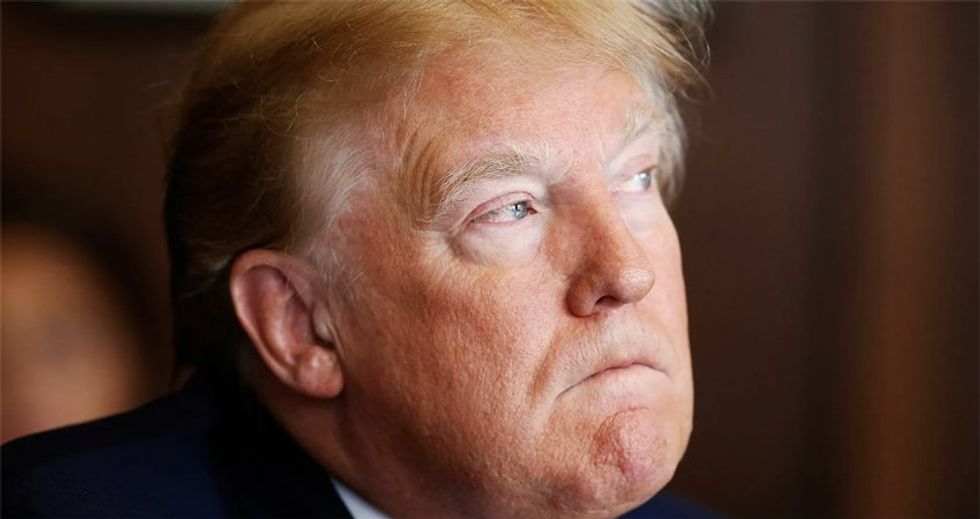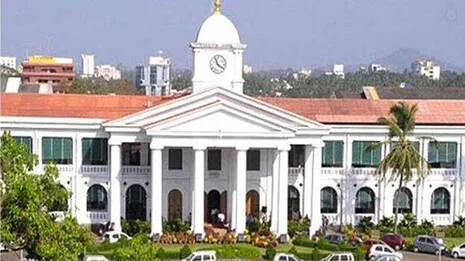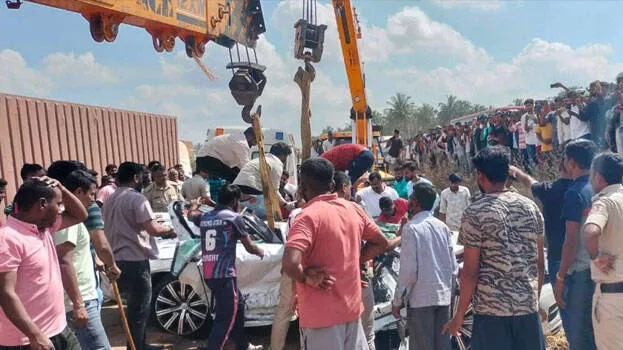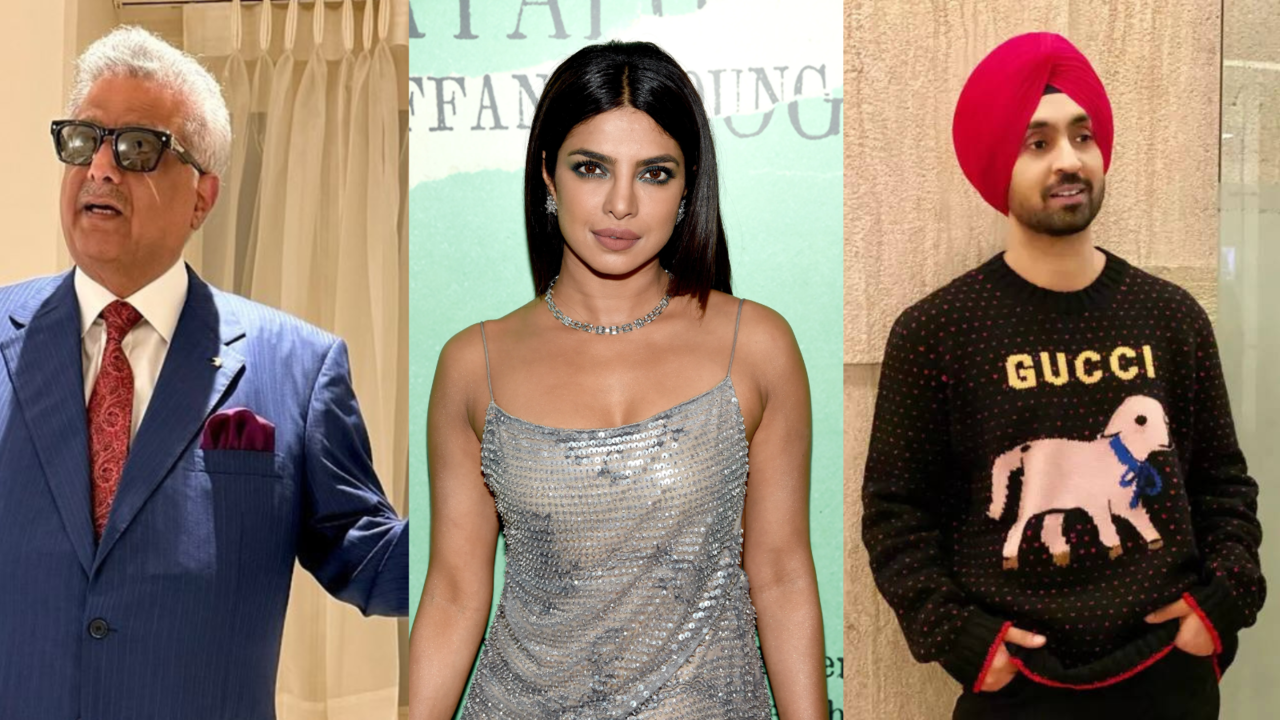
GREATER CHICAGO'S BLACK COWBOYS At 85 years old, Calvin White didn't let his age slow him down while riding his horse speedily between six tall, staked poles during the pole-bending competition at the Brown Family Ranch's annual rodeo this fall in Gary, Indiana. In this competition, the rider with the fastest time wins, and White placed third. Of the many Black men and women riding horses in the region, White is among the riders who have been on horseback all of their lives, and he has no plans to stop riding anytime soon.
Like most cowboys and cowgirls at the Gary event, White says rodeoing and horses are a way of life. Horseback riding isn't uncommon in this part of the Midwest. Riders in the nooks of Northwest Indiana board and ride on ranches regionwide, including Merrillville, Gary, Schererville, Dyer and Hobart.

The cowboys who hail from Chicago say being on a ranch is a reprieve from city life. There's a different feeling to riding in the rural parts of Chicagoland and Northwest Indiana, they say, adding that being a cowboy is a peaceful lifestyle. People are also reading.
.. For many, this is part of their heritage, and for others, it's a trail they've blazed themselves.
Yet all of the region's Black cowboys agree they have a duty to keep the legacy going for the next generation. White, who lives in Gary, was originally a cowboy from Monticello, Arkansas. Born in 1939, he trained as a carpenter and in 1964 — like millions of other Black Americans during the Great Migration — he migrated north in search of work.
At the time, there were no jobs in the South, he said. In Arkansas, horse riding was an everyday activity for White, who lived near horse owners of different backgrounds and whose uncle helped teach him about horses. As a young man, White would give milelong wagon rides to those who stopped by his family home.
"Up the road from us, there was a man with a brother in Louisiana," White said. "He'd bring horses up to his brother's and we'd go up there on horses and break the horses in. We broke them and worked them.
" Breaking in a horse is the process of training it to be ridden. Like many of his peers who headed north during that era, White carried the horse-owning tradition and lifestyle with him. "That's what we did down there: rodeo, ride horses, break horses," White said.
"My mother, everybody rode horses. It was more horse riders back then when (my mother) grew up than when I grew up. They rode horses back then like cars.
" White was born shortly after an era when renowned Black cowboys such as Bill Pickett, Bass Reeves and Nat Love roamed the U.S. Pickett is believed to be the originator of "bulldogging," an event where riders jump off horseback to wrestle cattle to the ground; Reeves was one of the first Black U.
S. marshals and Love wrote stories of his life in the Old West. Today, modern Black cowboys such as White — along with Kent Walker and others — hold on to the history of rodeo and horsemanship in the Chicago region.
They have taken it upon themselves to instill this aspect of Black American culture in their families and communities. Chicagoan Tommy O'Penson Jr., 24, was taught by legendary Chicago cowboy Murdock, who is known as "The man with no first name" and who founded the Broken Arrow Horseback Riding Club in 1989.
"(Murdock) introduced us to (horseback riding). I want to pass it down, to keep it going in the chain," O'Penson said of the tradition. "Then, when I have kids, my kids can do it.
I understood how important it was 100%. One big thing is us doing it together; that's how (Murdock and I) bond together." Many of the cowboys and cowgirls in the region come from a family of horse riders.
Rider Camille Fuller, 24, of Gary said her grandfather Phillip Fuller was a cowboy in the area. He would bring his grandchildren to his barn, and they would watch as he tended his horses. Kent Walker was born in Hamilton, Georgia.
His family relocated to Northwest Indiana after his father got a job at a mill. In Georgia, Walker rode horses most of his life. In 1985, he became a semi-pro rodeo performer up north.
"I got on a horse when I was 3; I'm 65 now," said Walker, who lives in Gary. "Back in the day, Black people down in the country had horses and they used to ride their horses after they'd worked them all day in the fields. They made their enjoyment out on the weekends and had different events.
They used to compete with their horses, and that's how I got hooked on it." After being raised around horse riders, Walker brought up his children in the same environment. His son, Jerrae Walker, who lives in Arizona, said being back in Indiana for the rodeo was like being at a family reunion.
"I'm seeing family friends I haven't seen since I was 10 or 11; now I'm 41," Jerrae Walker said. At the Brown ranch, Devontae Ware, 26, passed by on a tall, smoky gray horse. Ware's uncle, Carlos Pedraza, said the horse is a quarter horse.
Pedraza's Uncle Buck, who grew up on a horse farm, gave the Chicago family its cowboy legacy, Pedraza said. Ware, Pedraza and their family now tour rodeos across the U.S.
Keith Bland, 64, of Crete, Illinois, said the cowboy tradition taught him family values. "Tradition is not something that you pick up. It's something that's passed on," he said.
"Take a story, you pass it on. So that's what I do with my son; he's 13. He's picking up the tradition of being a cowboy.
He's a calf roper." The cowboy tradition is also passed on through values, many cowboys said, especially the sentiment that the hard work and repetitiveness of horse ownership taught them patience, respect and maturity. They also said it put them on a positive path in life.
The number of Black cowboys in the region is hard to pinpoint.Community members say it could be upward of 200. But the public Facebook group for Murdock's Broken Arrow Horseback Riding Club has more than 4,000 members.
For Black cowboys, there is an understanding that the love for horsemanship must be passed down to other generations. The Brown Family Ranch's rodeo started nine years ago as an annual bonfire with friends and evolved into a communitywide rodeo in Gary. "One of my buddies said 'Why don't you do a speed and accuracy challenge?' So, we had our first rodeo in 2021," ranch owner Chris Brown said.
Competitions include events such as barrel racing, where a rider quickly races around barrels in a pattern. Nakesia Brown, Chris' wife, said rodeoing can provide opportunities for young people beyond competitions. "You can get scholarships for these things," she said.
And the Brown family offers its own scholarship for college students. Pedraza said he is passing on his knowledge to up-and-coming cowboys and cowgirls, especially things he learned from his uncle. "I was taught by some of the best," Pedraza said.
"It was second nature to me because I was taught from when we were kids." And now he's continuing the tradition. Get local news delivered to your inbox!.










